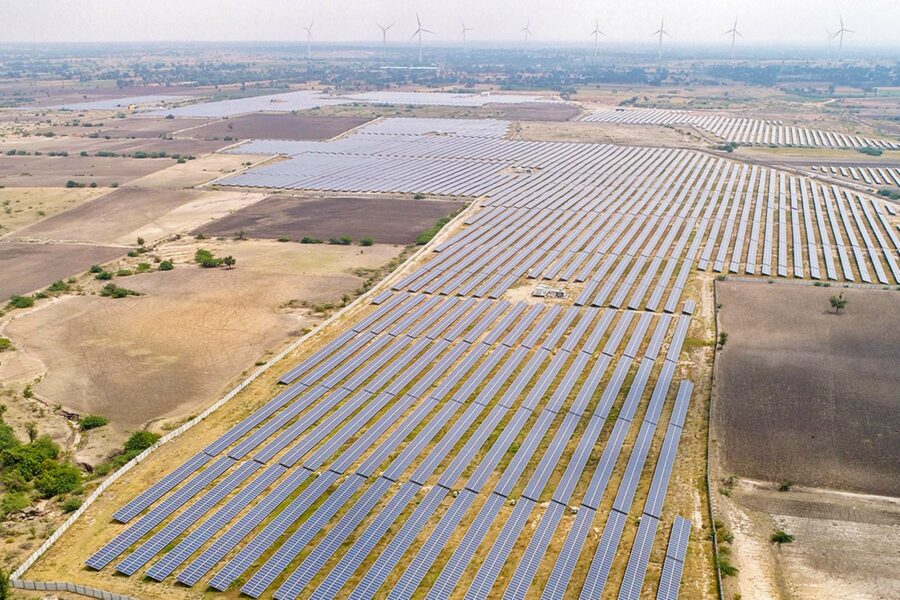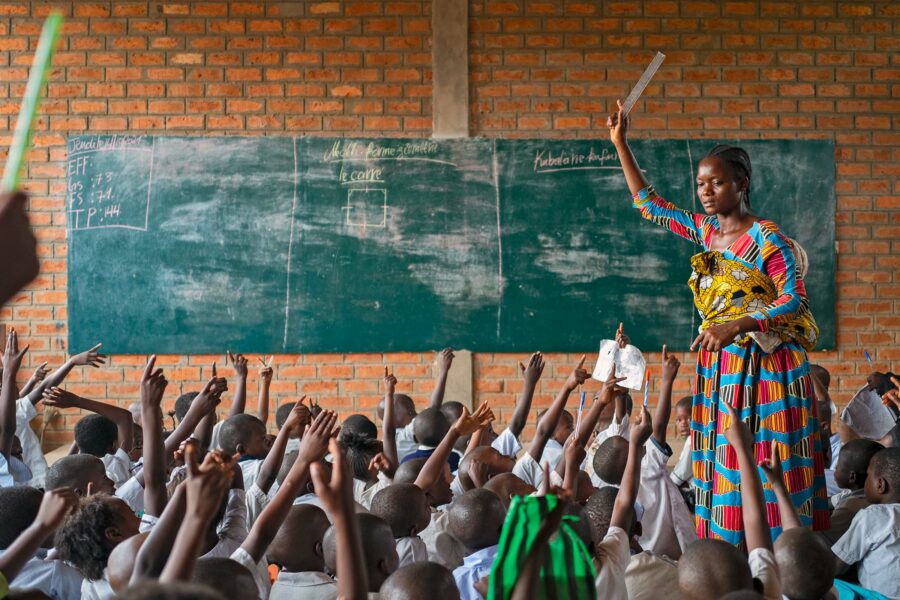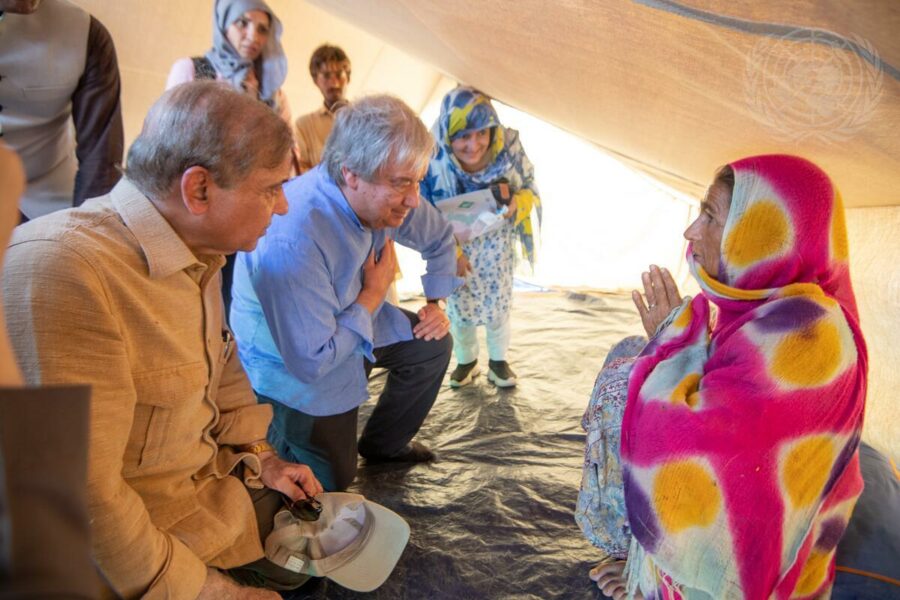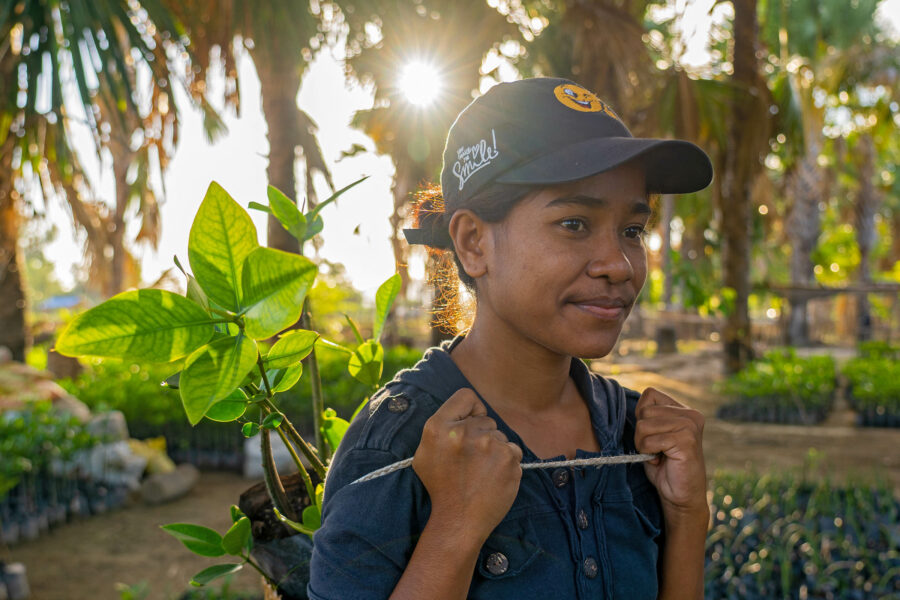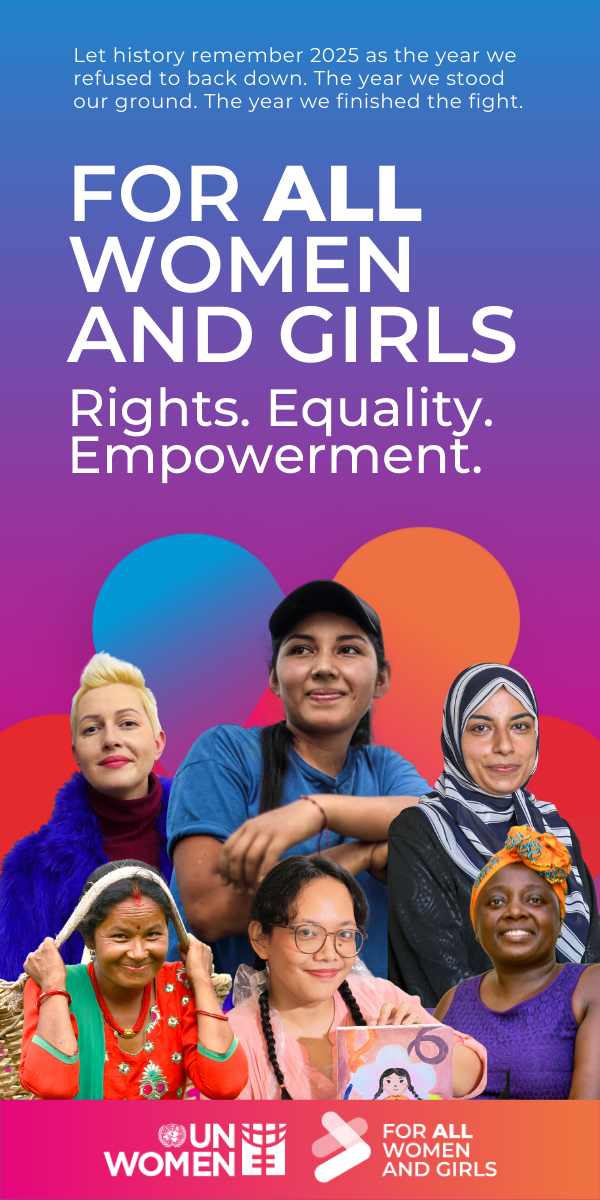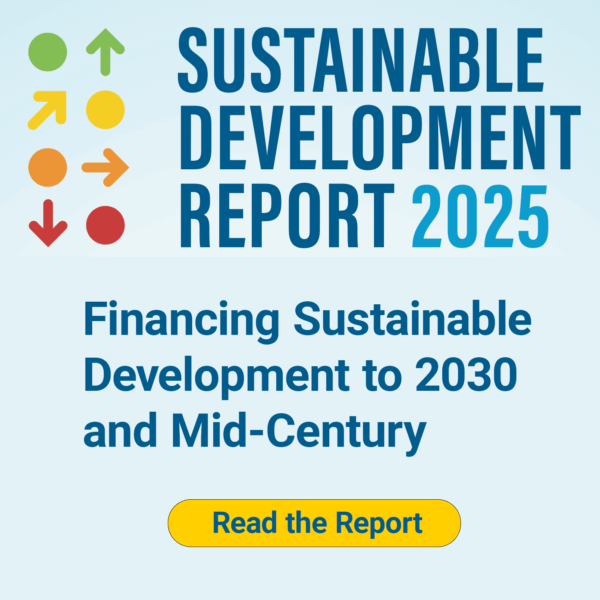Massive investment is needed in infrastructure to achieve the transition to clean energy and create resilience against the impacts of global warming. The scale of investment – as much as $9 trillion per year – exceeds the capabilities of public finance and will rely on aligning private sector financing. Green or climate bonds seem an obvious instrument for the task – are they the killer solution?

